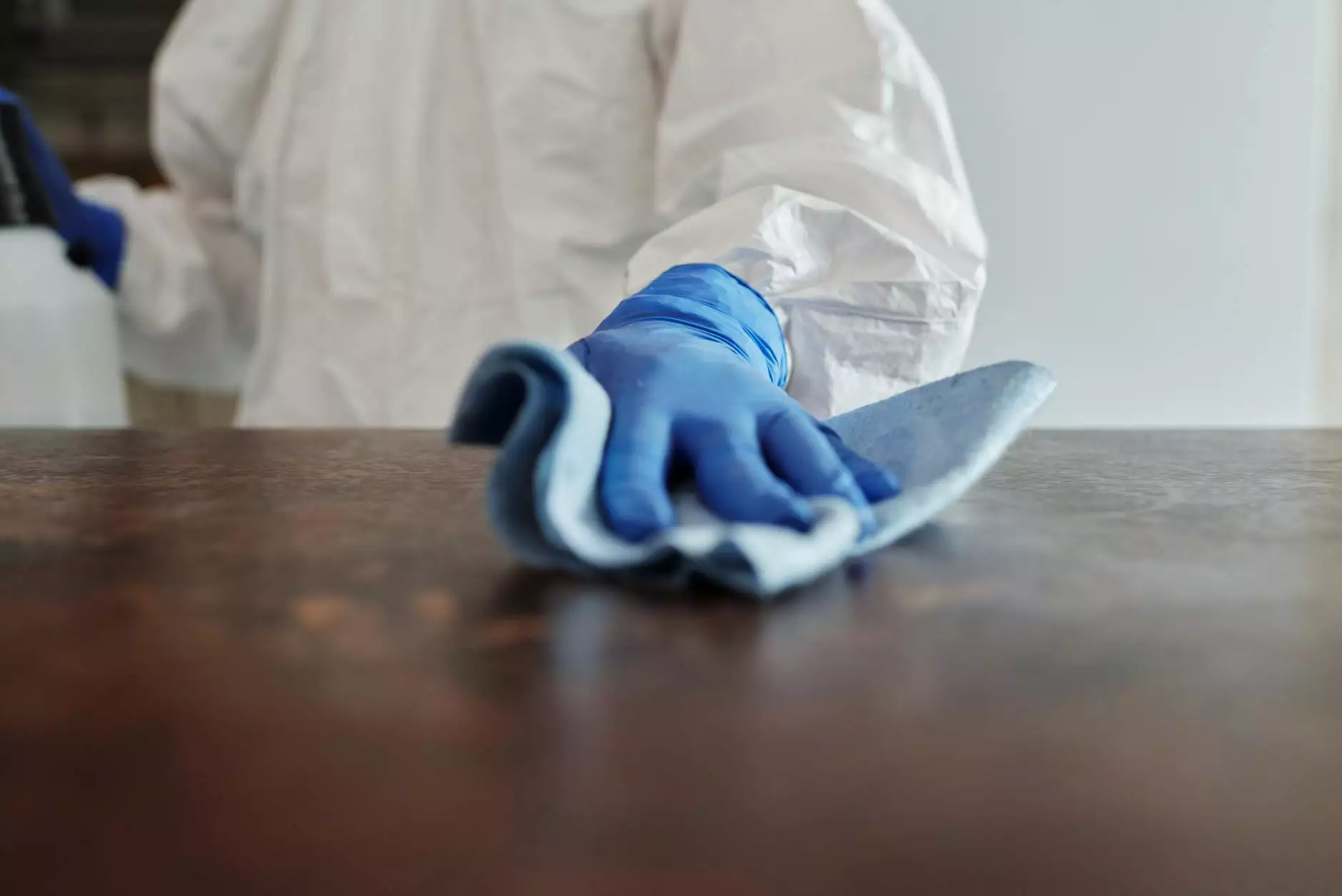Can Lifestyle Choices Cause Fillings To Fail?
Blog
The Impact of Lifestyle Choices on Dental Fillings
When it comes to maintaining optimal oral health, it's essential to understand how our lifestyle choices can affect the longevity of dental fillings. Fillings play a crucial role in restoring the function and structure of damaged teeth, but certain habits and behaviors can contribute to their failure over time.
The Role of Diet in Filling Durability
Your diet plays a significant role in the overall health of your teeth, and it can impact the longevity of dental fillings as well. Consuming excessive amounts of sugary and acidic foods and beverages can lead to tooth decay, which can weaken the tooth structure surrounding the filling. Opting for a well-balanced diet that includes plenty of fruits, vegetables, lean proteins, and dairy products can help promote optimal oral health and support the durability of dental fillings.
The Oral Hygiene Connection
Maintaining proper oral hygiene practices is crucial for both the health of your natural teeth and the longevity of dental fillings. Brushing your teeth at least twice a day with a fluoride toothpaste and flossing daily can help prevent the buildup of plaque and bacteria that can contribute to tooth decay and gum disease. By keeping your mouth clean and free from harmful bacteria, you can support the durability of your fillings and reduce the risk of complications.
Common Lifestyle Factors That Can Impact Dental Fillings
Smoking and Tobacco Use
Smoking and using tobacco products have a detrimental effect on both oral health and the longevity of dental fillings. The chemicals present in tobacco smoke can lead to gum disease, which can compromise the stability and integrity of fillings, increasing the chances of failure. Quitting smoking or seeking help to overcome tobacco use not only benefits your overall health but also improves the success rate of dental fillings.
Bruxism (Teeth Grinding)
Bruxism, or teeth grinding, can place excessive force on dental fillings, leading to cracks and fractures. Individuals with bruxism often unconsciously grind their teeth during sleep or due to stress. Wearing a protective nightguard can help cushion the impact and prevent damage to both natural teeth and fillings. Seeking professional dental care can provide further guidance on managing bruxism and protecting dental fillings.
Alcohol Consumption
Excessive alcohol consumption can negatively impact oral health and contribute to the failure of dental fillings. Alcohol can cause dry mouth, a condition that reduces saliva production and increases the risk of tooth decay. Additionally, alcoholic beverages are often high in sugar content, which can lead to tooth decay over time. Moderating alcohol consumption and practicing good oral hygiene can help maintain the durability of dental fillings.
Oral Piercings
Oral piercings, such as tongue or lip piercings, can pose a risk to dental fillings. Constant contact between the piercing jewelry and the teeth can lead to enamel erosion and cause fillings to fail. It's important to weigh the potential risks before getting oral piercings and seek professional advice on how to minimize their impact on dental health.
Tips for Maintaining Durable Fillings
Regular Dental Check-ups
Scheduling regular dental check-ups and cleanings is essential for maintaining the longevity of dental fillings. Dentists can detect any signs of filling wear or decay early on and take appropriate measures to address them. Regular professional cleanings can also remove plaque and tartar buildup, reducing the risk of complications.
Proper Oral Hygiene at Home
In addition to regular dental visits, following a consistent oral hygiene routine at home is vital. Brushing your teeth at least twice a day, flossing daily, and using mouthwash can help prevent tooth decay and gum disease. An antimicrobial mouthwash can be particularly beneficial in reducing bacteria in the mouth, supporting dental filling durability.
Avoiding Damaging Habits
Avoiding habits that can contribute to dental filling failure is crucial. These include using your teeth as tools, biting on hard objects like ice or pens, and clenching or grinding your teeth. By avoiding these damaging habits, you can minimize the risk of filling damage and promote their longevity.
Choosing the Right Filling Material
When getting dental fillings, it is essential to discuss with your dentist which filling material would be most suitable for your specific needs. Different materials have varying durability and may be more appropriate for different tooth locations. Your dentist can guide you in making an informed decision to ensure the longevity of your dental fillings.
Conclusion
Understanding how lifestyle choices can impact the durability of dental fillings is crucial for maintaining optimal oral health. By making conscious choices such as adopting a well-balanced diet, practicing good oral hygiene, and avoiding damaging habits, you can increase the chances of your fillings lasting long-term. Regular dental check-ups and discussions with your dentist will provide further guidance on maintaining durable fillings and optimal oral health.










